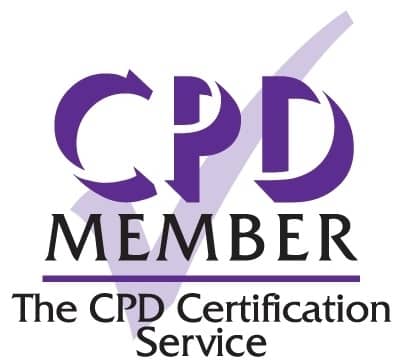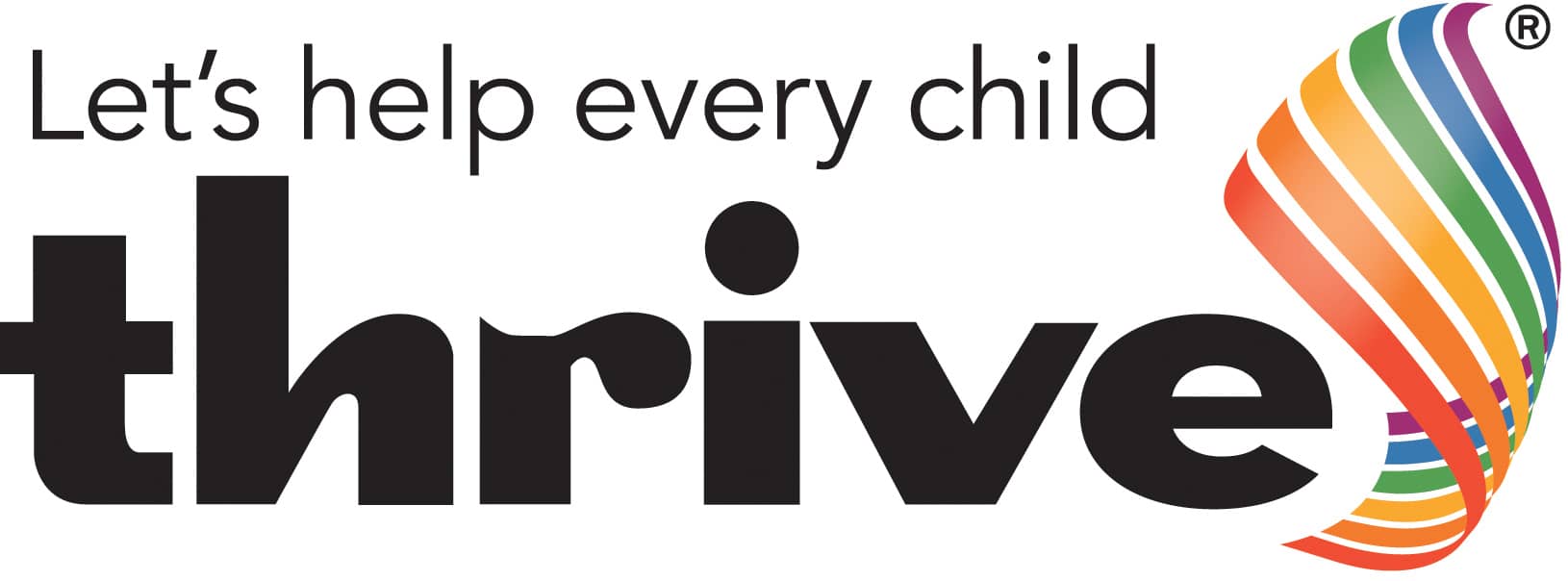Mathematics
Mathematics Curriculum (Primary)
At North Star 180, we aim to help every child feel confident and sucessful in mathematics. Learning is carefully broken into small, manageable steps so that children can experience sucess and build positive attitudes. We use the White Rose Maths programme to ensure learning is well organised, clearly structured
and builds on what children already know. Lessons follow familiar routines and use visual and hands-on resources, helping pupils feel safe, calm and ready to learn. Teaching is adapted to meet each child’s needs, with regular checks to support progress and fill any gaps. Through real-life problem-solving and
practical activities, children learn how maths is useful in everyday life, helping them develop confidence, independence and important life skills.
Intent
The intent of the primary Mathematics curriculum at North Star 180 is:
· We want children to feel confident and successful in maths. Lessons are broken into small, achievable steps so pupils can experience success and build positive attitudes towards learning maths.
· We focus on strong basics first. Children develop a secure understanding of numbers and key skills before moving on, helping them make sense of maths rather than memorising methods.
· We understand that learning can feel challenging. Maths lessons use clear routines, visual resources and hands-on activities to help children feel safe, calm and ready to learn.
· We support every child to make progress at their own pace. Teaching follows the White Rose Maths programme, allowing us to revisit learning, fill gaps and build skills over time.
· We help children use maths in real life. Problem-solving and practical examples show children how maths links to everyday situations, building independence and life skills.
The curriculum is ambitious and inclusive, ensuring all pupils can achieve and succeed regardless of need. It is specifically designed to accommodate SEMH learners by providing structure, predictability, and opportunities to succeed.
Implementation
The primary Mathematics curriculum is implemented through:
· Structured and sequenced learning: White Rose follows clear, small step progression structure. It ensures skills are introduced meaningfully and follow a structure that builds on previous learning.
· Teaching approaches: Teachers use consistent lesson routines, so pupils know what to expect and feel secure. Lessons promote an effort-first motto and give time to practice, be confident to “give it a go” and feel comfortable with misconceptions.
· Pupils encounter maths in meaningful contexts, using real-world problems, manipulatives, and visual supports to make learning accessible.
· Assessment: Students complete cold and hot tasks alongside teacher assessment to adapt lessons and lesson progression, identify gaps, and meet students learning and additional needs.
· Adaptations and differentiation: Lessons are adapted on an individual basis through supporting students’ needs to access learning. This may include visual aids, concrete resources, support to reduce cognitive load, and additional adult support.
Staff use a range of strategies and resources to ensure learning is engaging, accessible, and personalised, fostering a positive relationship with mathematics and encouraging resilience, persistence, and achievement.
Impact
The impact of the mathematics curriculum is demonstrated by:
· Pupils feel more confident and positive about maths. Children are willing to have a go, explain their thinking and show pride in their achievements.
· Strong foundations in key skills are evident. Pupils develop secure understanding of number, calculation and problem-solving, enabling them to tackle more challenging learning over time.
· Progress is clear and measurable. Ongoing assessment shows that pupils make sustained progress from their starting points, with gaps in learning identified and addressed effectively.
· Learning is retained and applied. Pupils can recall previously taught concepts and apply them to new problems, including real-life and practical situations.










